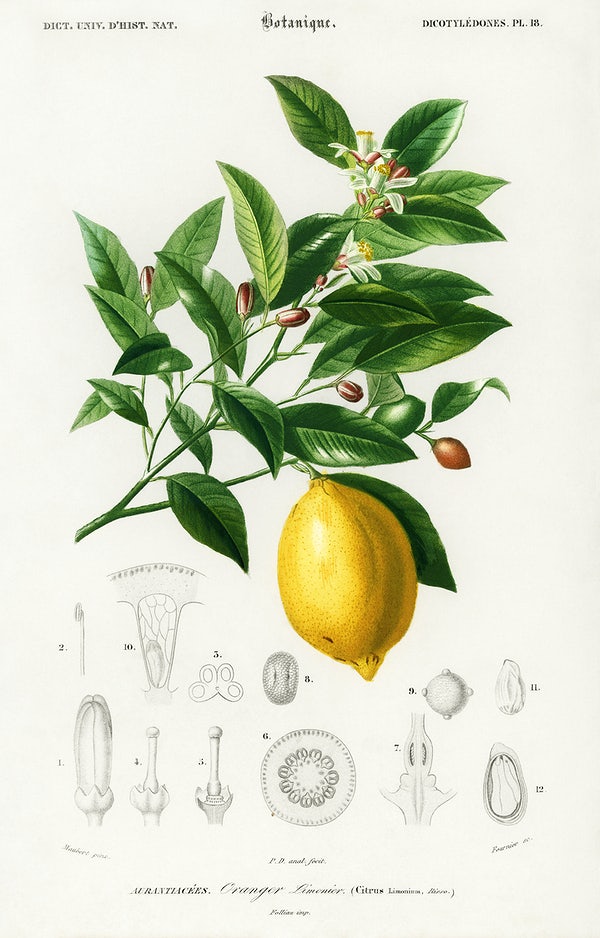Feature and all images by Swasti Sharma
Whenever we think of a sour thing, lemons and tamarind strike our mind first.
After going through a hot summer day, we all need something to freshen up. We mostly prefer some cold drinks, a cup of tang, or something similar. But, it’s a double advantage if you make fresh juice by yourself. Especially in summers, a lemonade is the best of all.
How would it be if we drink a wholly natural lemonade, a juice made with freshly plucked lemons? Just like a feast, no? I think it is more than a feast! But it’s only possible if you have the lemon trees either in your kitchen garden or in your orchard. And I have them in both.

My grandpa purchased the saplings of the lemon plant which they sowed many years back in our orchard and kitchen garden. There are about 8 trees and some saplings. When they were first sown, there were 5 lemon trees and because of seed dispersal, they replicated and now there are quite a few young trees. We use these lemons for personal use only (subsistence agriculture).
Lemon is a citrus fruit in the flowering plant family called Rutaceae.
It’s a type of tropical evergreen forest. Its scientific name is Citrus limon.
In the local language it is called ‘Nimbu‘. The common lemon can also be called Citrus limon.
The lemon trees grow for nearly 50 years. They are a good source of Vitamin C. Although lemon trees can grow in nearly any soil with good drainage, they grow best in loamy or sandy loam soils.
They were first grown in Assam and are commonly grown in Asia.
They yield fruits the entire year. There are several species of lemon, for instance, Avalon, Variegated Pink lemon, Verna lemon, Primofiori lemon, Bearss, Dorshapo, Lisbon, Baboon lemon, and Meyer lemon.
I have two species of lemons, common lemons and Meyer Lemon.
Common lemons/ Citrus limon are mid-sized lemons. Meyer lemon, also known as Limon x meyeri, come from trees that are 6- 10 feet tall. They are a hybrid species of Mandarin orange and citron.
Due to mandarin orange, it’s orange sized. It has a smooth yellowish golden skin. It has many advantages and can be used in many things.
- It helps in controlling weight and preventing kidney stones.
- It helps in keeping us hydrated. (two lemons a day are enough).
- It helps in boosting our immunity.
Though there are many benefits of lemon, excess of everything is dangerous. Too much consumption of lemon juice results in eroding of tooth enamel and can affect the whiteness of teeth. The outer covering of lemon can serve as a host for unessential germs. Excessive consumption of lemon may result in migraine too!



